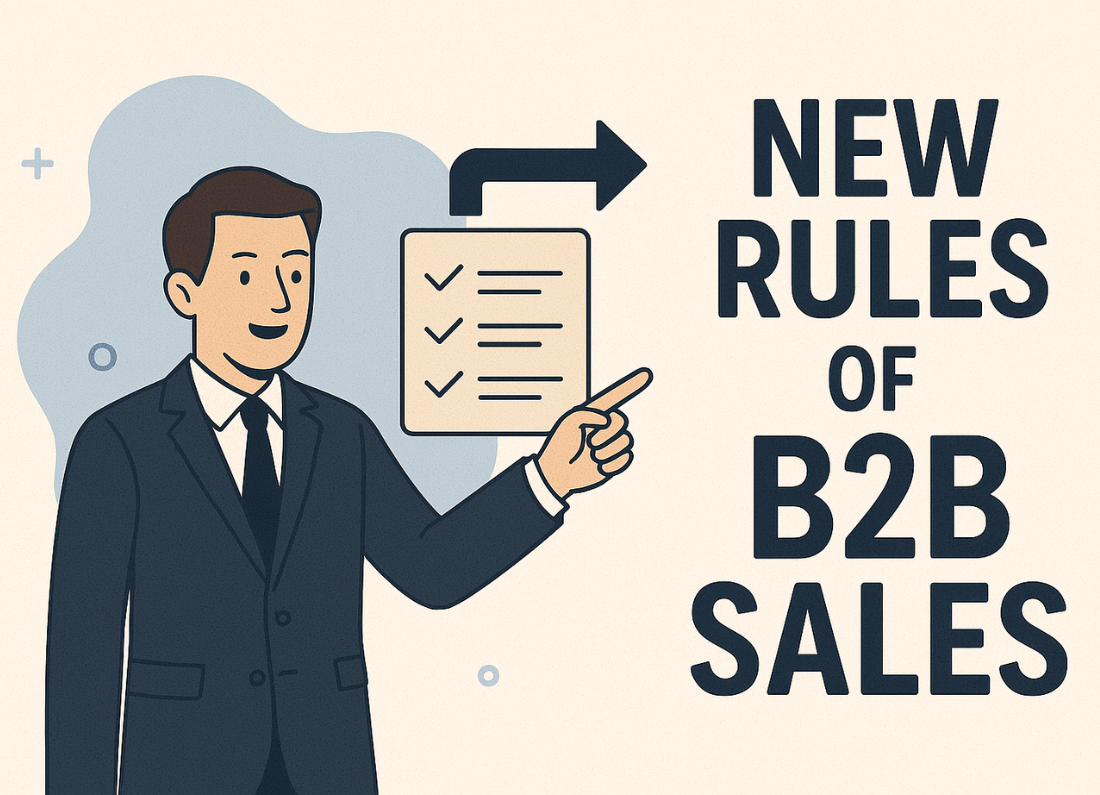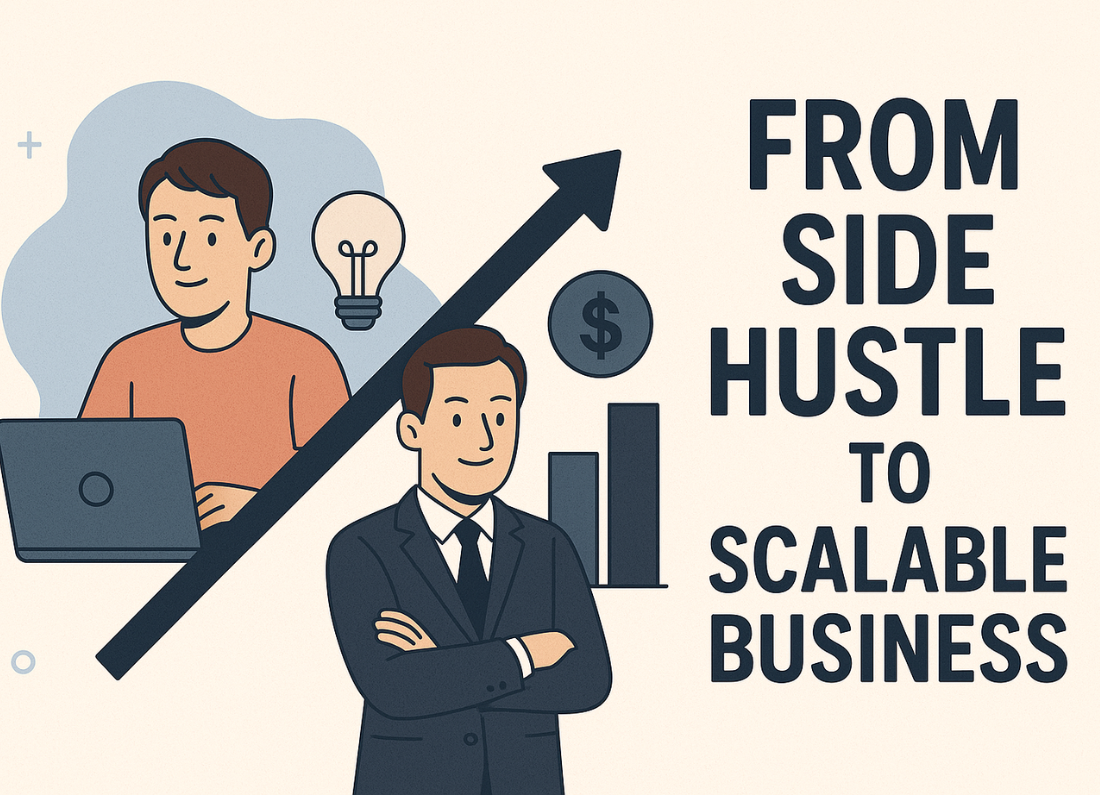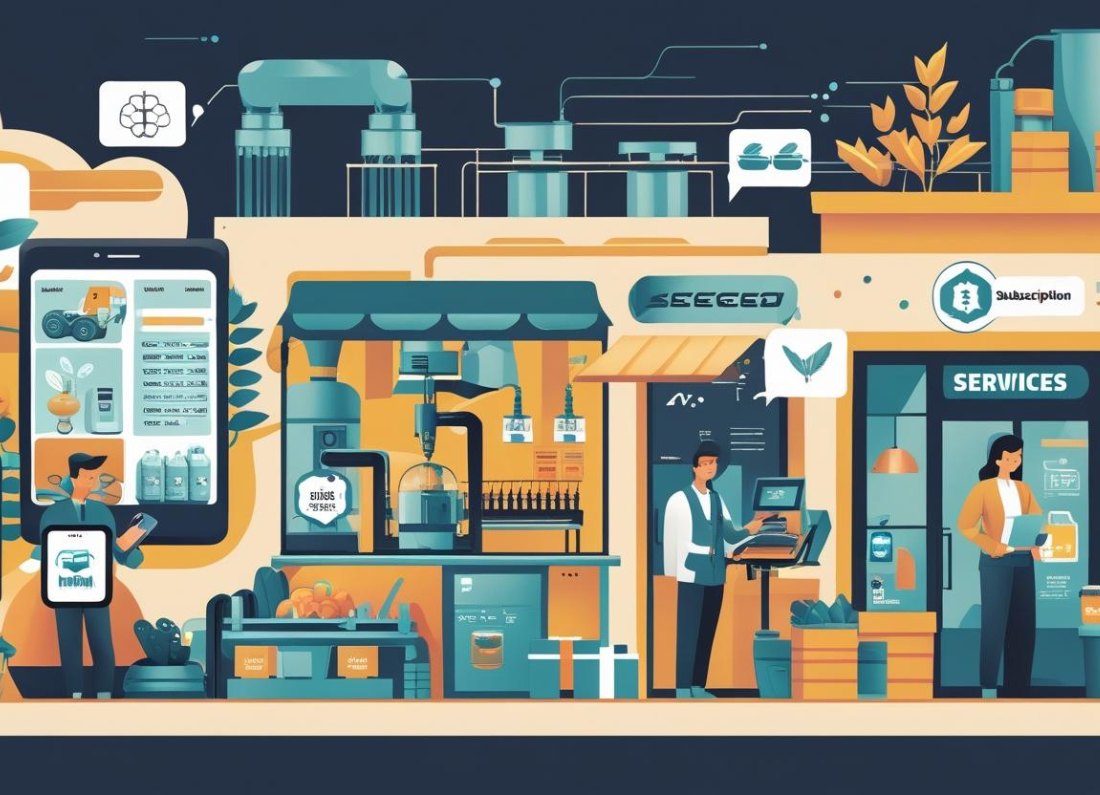Artificial Intelligence (AI) is no longer a futuristic concept—it’s a core driver of modern business operations. AI is transforming how companies manage workflows, interact with customers, make decisions, and scale with efficiency. Whether you’re a startup founder, small business owner, or part of a large enterprise, AI in business operations is now non-negotiable for staying competitive.
Let’s explore how AI is revolutionizing business processes, what tools and technologies are leading the change, and how you can strategically adopt AI in your organization.
📈 Why AI Is Now Central to Business Strategy
Businesses across industries are under pressure to be faster, smarter, and more customer-centric than ever. AI offers a powerful solution by:
- Automating repetitive tasks
- Improving data-driven decision-making
- Personalizing customer experiences
- Optimizing operations with real-time analytics
The global AI market is expected to exceed $300 billion in 2025, signaling that this is more than a trend—it’s a foundational shift in how business gets done.
⚙️ Key Areas Where AI Enhances Business Operations
1. Process Automation
AI-powered automation goes beyond traditional workflows. Through robotic process automation (RPA) and machine learning, businesses can streamline:
- Data entry and validation
- Invoice and billing processes
- Customer support ticket routing
- HR onboarding and payroll processing
💡 Example: A logistics company using AI to automatically assign shipments to the most optimal delivery routes based on real-time traffic and fuel prices.
2. Customer Support & Chatbots
AI-driven chatbots and virtual assistants provide 24/7 customer service with instant responses, consistent tone, and efficient issue resolution.
- Natural Language Processing (NLP) lets bots understand and respond conversationally.
- AI can escalate complex queries to humans only when necessary.
- Sentiment analysis detects customer satisfaction in real-time.
💬 Bonus: Tools like ChatGPT, Google Bard, and Zendesk AI are making conversational AI more human-like and easier to implement than ever before.
3. AI in Decision-Making
AI helps leadership teams make better, faster decisions using predictive analytics, real-time dashboards, and automated alerts.
Examples include:
- Sales forecasting
- Inventory management
- Market trend analysis
- Employee attrition predictions
Instead of relying solely on past performance, businesses can use AI to anticipate outcomes and act proactively.
4. Personalization & Marketing Automation
AI has completely redefined how businesses interact with their customers.
🔍 AI tools analyze customer data to deliver:
- Targeted product recommendations
- Personalized email campaigns
- Optimized ad placements
- Customer segmentation based on behavior and preferences
Tools like HubSpot AI, Adobe Sensei, and Shopify Magic are helping brands scale their marketing without losing the human touch.
5. Supply Chain & Inventory Optimization
AI-powered logistics can forecast demand, reduce overstock, and detect potential disruptions before they impact your bottom line.
🌐 Use cases:
- Predicting supply shortages due to geopolitical risks
- Dynamic pricing models in e-commerce
- Real-time tracking and AI-assisted vendor selection
Companies like Amazon, Walmart, and Zara use AI to maintain agile, responsive supply chains that meet changing consumer expectations.
💼 AI Tools Transforming Business in 2025
Here are some AI-driven tools that businesses are leveraging today:
| Tool | Use Case |
|---|---|
| Zapier AI | Automating repetitive workflows |
| Notion AI | Summarizing documents and generating ideas |
| Grammarly Business | Real-time writing enhancement |
| Zoho CRM AI | Predicting lead scores and deal closure |
| Paddle AI | Pricing optimization for SaaS businesses |
| Turing | AI-based global remote team hiring |
🧠 Benefits of Using AI in Operations
✅ Increased Productivity
Automates time-consuming tasks, allowing employees to focus on strategic work.
✅ Improved Accuracy
Reduces human error in data processing, calculations, and decision-making.
✅ Cost Efficiency
Though tools can have high upfront costs, they reduce long-term operational expenses.
✅ Scalability
Powered by AI, processes can grow with your business without needing proportional increases in human labor.
✅ Competitive Advantage
Adopting AI early gives your business an edge in adapting to market changes and consumer needs.
⚠️ Challenges & Ethical Considerations
While AI is powerful, it also comes with challenges:
🔒 Data Privacy
Using AI responsibly requires secure handling of personal and sensitive data. GDPR and other regulations must be followed.
🧑💻 Job Displacement
Some roles may become obsolete. It’s essential to upskill employees and prepare for AI-human collaboration.
⚖️ Bias in AI
AI systems are only as unbiased as the data they’re trained on. Businesses need to regularly audit their AI tools to ensure fair outcomes.
💰 Cost of Implementation
AI adoption can be expensive. Startups and SMBs should start small and scale based on ROI.
🔧 How to Implement AI in Your Business
Here’s a step-by-step guide to help you get started:
- Identify Bottlenecks
Look for repetitive, time-consuming tasks in sales, marketing, HR, or logistics. - Set Clear Goals
Are you looking to improve speed, reduce costs, or enhance customer satisfaction? - Start with a Pilot Project
Choose one area (e.g., AI chatbot or email automation) and test results. - Choose the Right Tools
Evaluate based on features, scalability, integration, and cost. - Train Your Team
AI is most effective when combined with human oversight and creativity. - Measure & Iterate
Use KPIs to monitor AI performance and refine the implementation.
🔮 The Future: AI + Human Synergy
As we move into an AI-powered future, the most successful businesses won’t be the ones that replace humans—but those that empower them. The goal of AI in business operations is not to eliminate jobs, but to amplify human potential by automating what machines do best and freeing people to do what humans do best: think creatively, build relationships, and innovate.
✅ Final Thoughts
AI is not a silver bullet, but it is a transformational force. From automating routine tasks to enabling predictive insights and hyper-personalization, AI in business operations is reshaping how companies work—and win.
If you haven’t yet explored AI for your business, now is the time. Start small, stay informed, and think long-term. Because the businesses that embrace AI today will be the ones leading tomorrow.















Leave a Reply